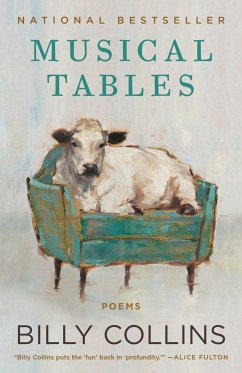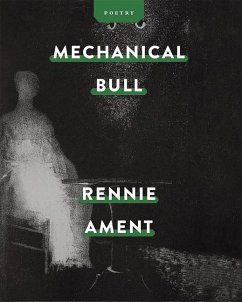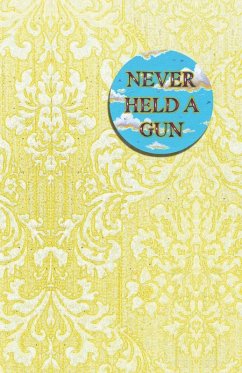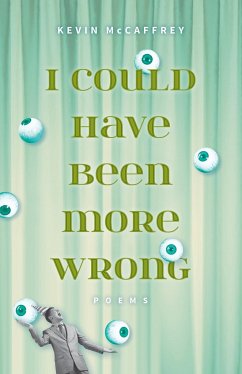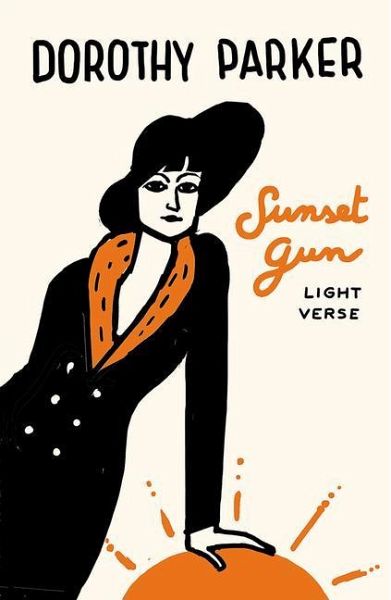
Sunset Gun
Light Verse
Versandkostenfrei!
Versandfertig in über 4 Wochen
10,99 €
inkl. MwSt.

PAYBACK Punkte
5 °P sammeln!
Now available as a stand-alone edition, the famous humorist's second collection of poetry ranges from lighthearted self-deprecation to gleefully acid-tongued satire and dark comedy. One of the Jazz Age's most beloved poets, Dorothy Parker earned her reputation as the wittiest woman in America with her popular light verse, which was regularly published in Vanity Fair, Life, and The New Yorker. Her debut poetry collection, Enough Rope, was a runaway bestseller, and she followed it up in 1928 with the equally delightful collection Sunset Gun. The poems gathered here range from barbed satires to l...
Now available as a stand-alone edition, the famous humorist's second collection of poetry ranges from lighthearted self-deprecation to gleefully acid-tongued satire and dark comedy. One of the Jazz Age's most beloved poets, Dorothy Parker earned her reputation as the wittiest woman in America with her popular light verse, which was regularly published in Vanity Fair, Life, and The New Yorker. Her debut poetry collection, Enough Rope, was a runaway bestseller, and she followed it up in 1928 with the equally delightful collection Sunset Gun. The poems gathered here range from barbed satires to light-hearted laments, all laced with Parker's unmistakable sense of humor, one that manages to be both cynical and sparkling. Thought for a Sunshiny Morning It costs me never a stab nor squirm To tread by chance upon a worm. "Aha, my little dear," I say, "Your clan will pay me back some day."






